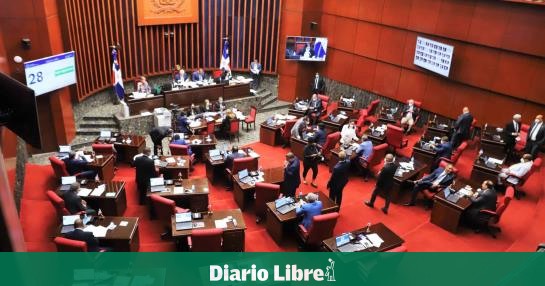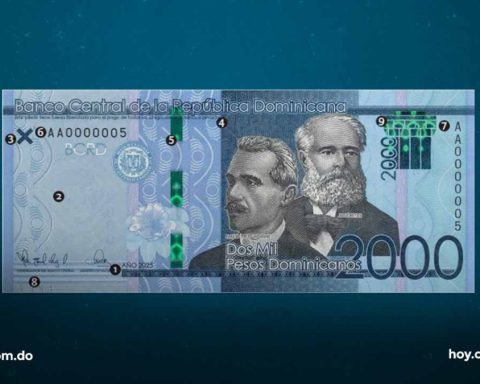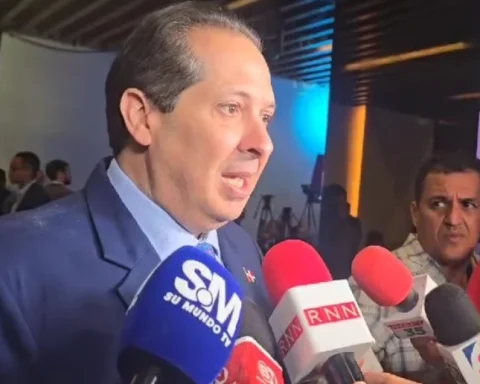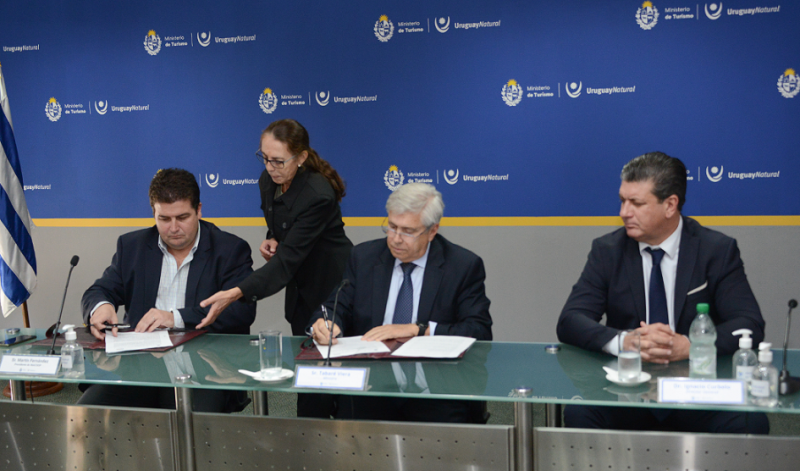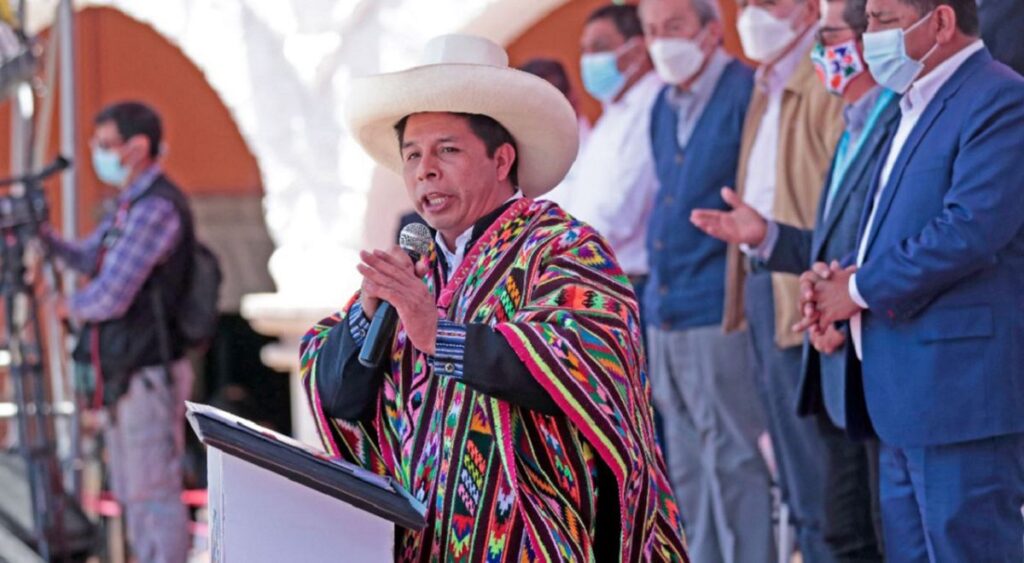The National Council of Private Enterprise (Conep) indicated today that the bill approved yesterday by the Senate, which seeks to reduce zero rate Import taxes on 67 tariff subheadings were not raised in the first instance.
“It is already a law that was approved by the National Congress, the only thing missing is for the president to promulgate it, but what was approved is different from what was originally submitted to Congress,” said the executive vice president of the ConepCesar Dargam.
In addition, he stated that the position of the business sector was a balance between seeking an answer for the consumer and not being affected by price fluctuations, but at the same time not affecting the productive sectors.
He added that the private sector will be evaluating the import processes. “As long as there are mechanisms that can monitor over time under what conditions imports would occur, we will be doing it,” he said.
Yesterday, the Senate of the Republic approved in second reading the ordinary bill that establishes zero rate to 67 tariff subheadings of the basic family basket provisionally, for six months, which passes to the Executive Branch for subsequent observation or promulgation.
The piece, which was first approved in the Chamber of Deputies with some modifications, received the favorable vote of 19 of the 29 senators present, in a session marked by strong discussions between the members of the main party blocs.
“There are factors that we do not control and definitely from the private sector we guarantee the supply in the local market”, reported Dargam after the inauguration of the new offices of the Inter-American Development Bank (IDB).
He explained that, within all the uncertainty that exists at the international level, the business community feels optimistic that they are giving positive signs due to the immediate responses they are giving.
He argued that since the pandemic they have kept the supply chain active, preventing any product from being missing from the family basket and seeking strategies to guarantee, as far as possible, price stability.
He welcomed the way in which the Government has performed with the change in monetary policy: from being an expansive policy to being restrictive.
In addition, he argued that external factors are those that have been influencing the variables of the Dominican economy.
